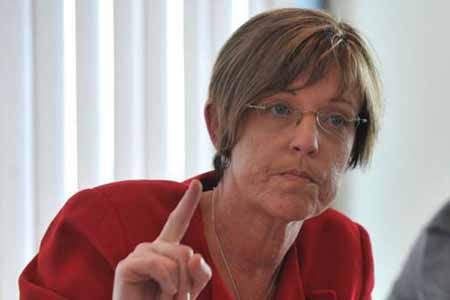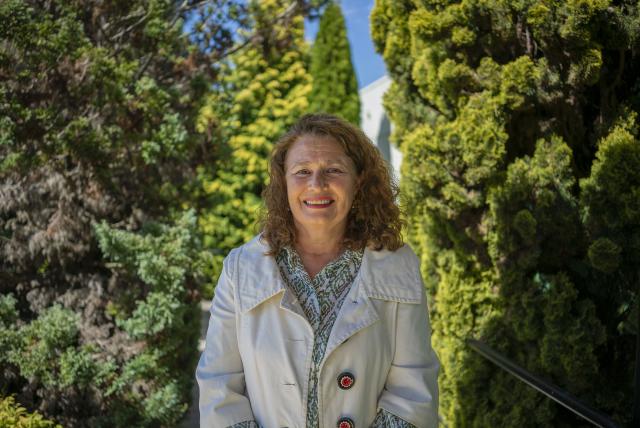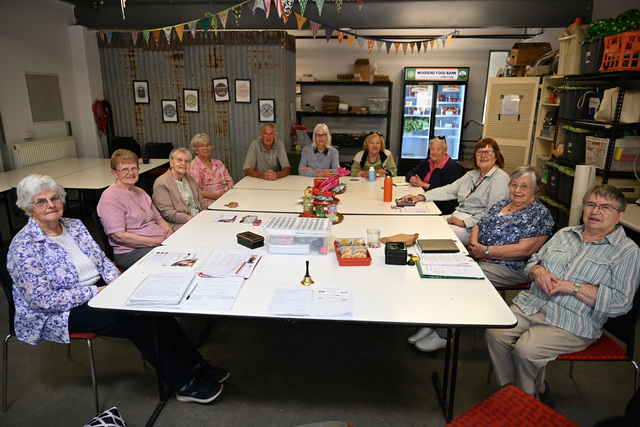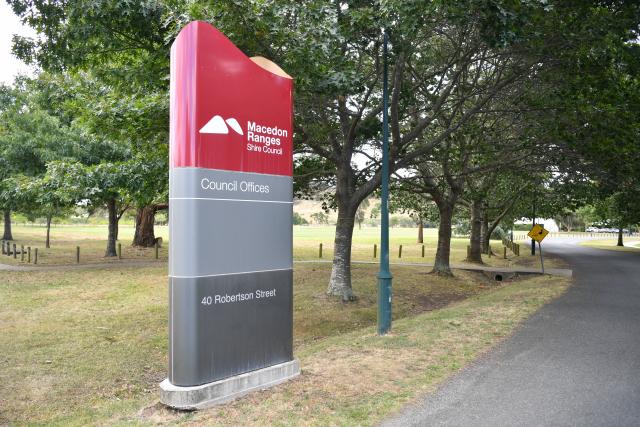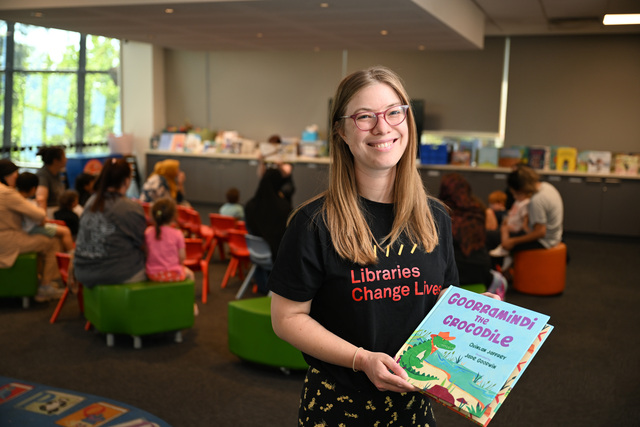It wasn’t quite the unreserved apology residents had been hoping for, but Environment Minister Lisa Neville has admitted that planning for prescribed burns has to be improved.
Fronting a community meeting in Lancefield on Monday almost a week after a Department of Environment, Land, Water and Planning (DELWP) burn-off in the Cobaw Ranges broke containment lines for a second time, Ms Neville was confident that an independent inquiry into the blaze would lead to real changes.
‘‘We need to get better,’’ she said.
‘‘There’s a long way to go. I’m not saying we have a perfect system. We don’t and this is an example.’’
The fire, which began as a planned burn on September 30, has burnt more than 3000 hectares and has destroyed at least four houses, several sheds, vehicles and thousands of kilometres of fencing.
Improving practices
Responding to concerns about planned burning, forest thinning and firewood removal, Ms Neville said a soon-to-be-released report from a separate investigation into planned burning would also help refine and improve practices.
‘‘One of the things that report talks about is the critical need to do more interface between our land and other land, whether its council or private land.
‘‘Us just burning in our forest is not going to be enough.’’
Ms Neville rejected suggestions the inquiry into the Lancefield fire would whitewash the issue.
She said community input would not only be heard but would be critical to improvements being made.
‘‘[The inquiry] will go from the decisions around lighting the planned burn, the conditions, the management of the planned burn, what happened when it broke containment lines, the interface with the CFA, communication with the community prior to the planned burn, during and ongoing.
‘‘We’re not trying to limit the voice, we’re trying to hear from a range of voices.
‘‘We’ve made significant changes with regards to planned burning but this investigation will lead to others.’’
Ms Neville said planned burns would remain a critical part of the government’s bushfire risk management.
‘‘We’ve got to be more sophisticated about it. We have to learn.’’
Residents whose house were among those razed called for the release of vegetation assessments, risk assessments and details of what resources were allocated and the response once the fire escaped.
Communications problems
Others complained of major communications problems, with mobile and internet blackspots in the Benloch area leading to gaps in information.
Vowing to work with Macedon Ranges council and the federal government, which recently knocked back requests for blackspot funding, Ms Neville said it was clear ‘‘that we need to have Telstra in the room’’.
‘‘Some significant improvements need to be made to the warning system.’’
Roads have been reopened and all traffic management points closed, but police will continue patrolling the area for ‘‘ghouls’’ lurking around affected private property.
Police have confirmed that several cases of unauthorised people entering sites have already been reported.

